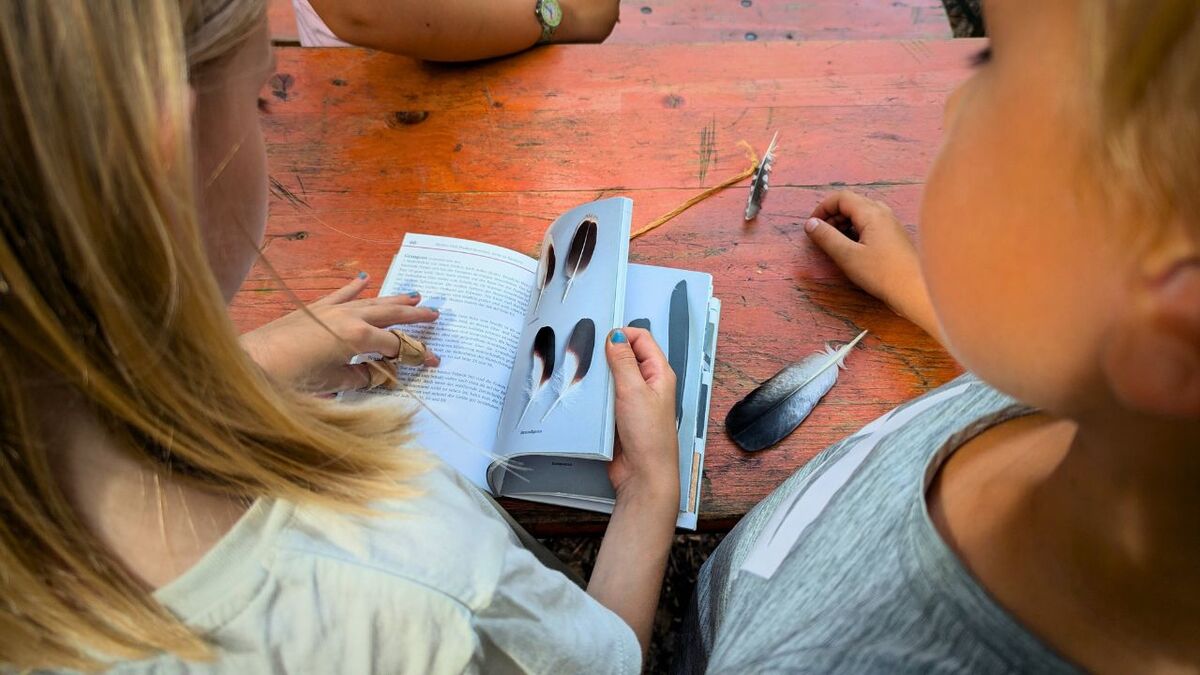
Recognition in the modern world - an impulse for educators to create deeper relationships
👉 The key facts from this guide
- Traditionally, in wilderness education, praise is used sparingly to promote intrinsic motivation
- This approach can be problematic, as people have a deep need for recognition
- Missing recognition can lead to insecurity, withdrawal, and superficial learning
- In indigenous cultures, recognition is a natural part of coexistence, which is often lacking in modern societies
- Authentic, specific recognition can boost self-confidence and joy of learning in wilderness education
- Find a balance between fostering inner motivation and providing targeted, meaningful recognition
In wilderness education (and also other teaching methods), we often encounter the idea that praise and recognition should be used sparingly.
There is the opinion that people should find their inner motivation without becoming dependent on external validation.
But where does this approach come from, and why does it seem to be problematic in practice?
1. Origin of the Idea: Self-Employment and Inner Motivation
The idea of using recognition and praise only sparingly comes from an educational philosophy aimed at promoting independence and intrinsic motivation (inner drive).
This mindset is rooted in many traditional education systems and states that too much praise or too frequent recognition weakens intrinsic motivation.
The idea behind it is that children and adults should learn to do things for their own sake – out of their motivation and not to be rewarded from the outside.
The underlying assumption is that people who are constantly praised rely on this external validation and have difficulty staying motivated on their own.
There are concerns that they may no longer strive without praise or even lose courage if there is no recognition.
Thus, praise is rationed to avoid this dependency and to cultivate inner strength and independence.
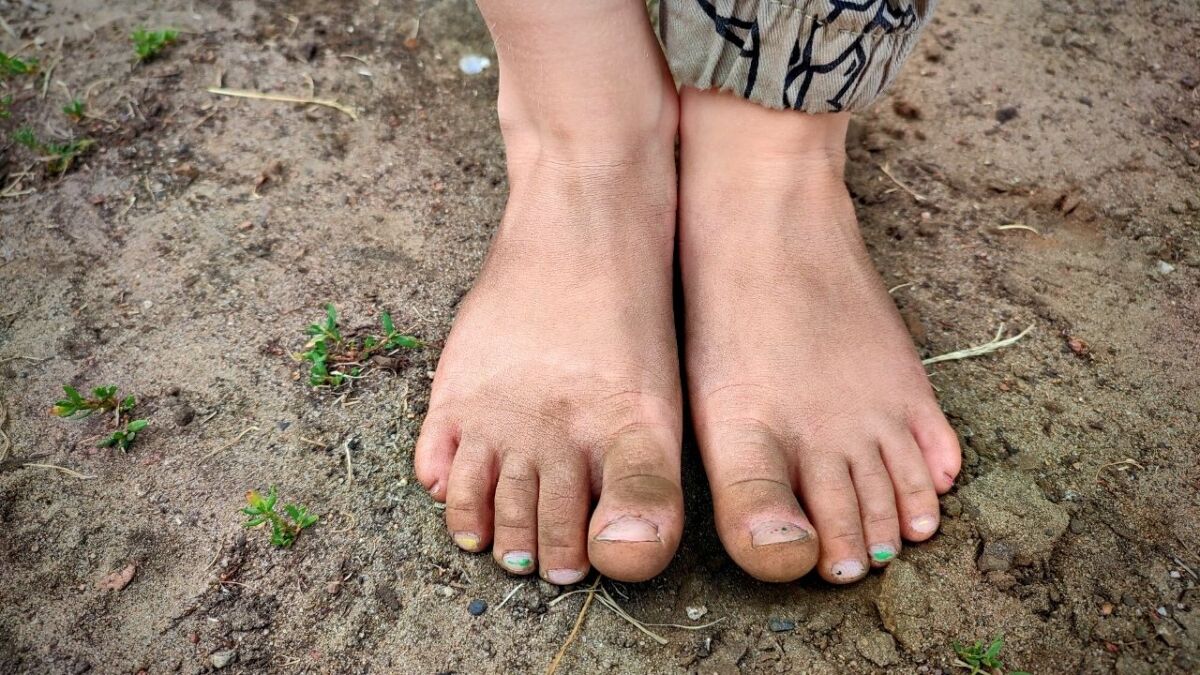
Why this approach is problematic in practice
Although this idea seems reasonable at first glance, it often has undesirable side effects in practice. People – and especially children – have a deep need for recognition.
This need is a fundamental part of the human psyche and is reinforced by social bonds and interactions.
If we ignore or overly restrict the need for recognition, we create a "hunger for recognition" that negatively impacts us in various ways.
People who "hunger" for recognition often develop an insecure self-image. They constantly doubt their abilities, feel inadequate, and desperately seek validation.
Your ability to think and act clearly is limited because you are constantly busy compensating for the lack of recognition.
This can lead to hypersensitive reactions to criticism, a strong competitive mindset, or the tendency to devalue others to elevate oneself.
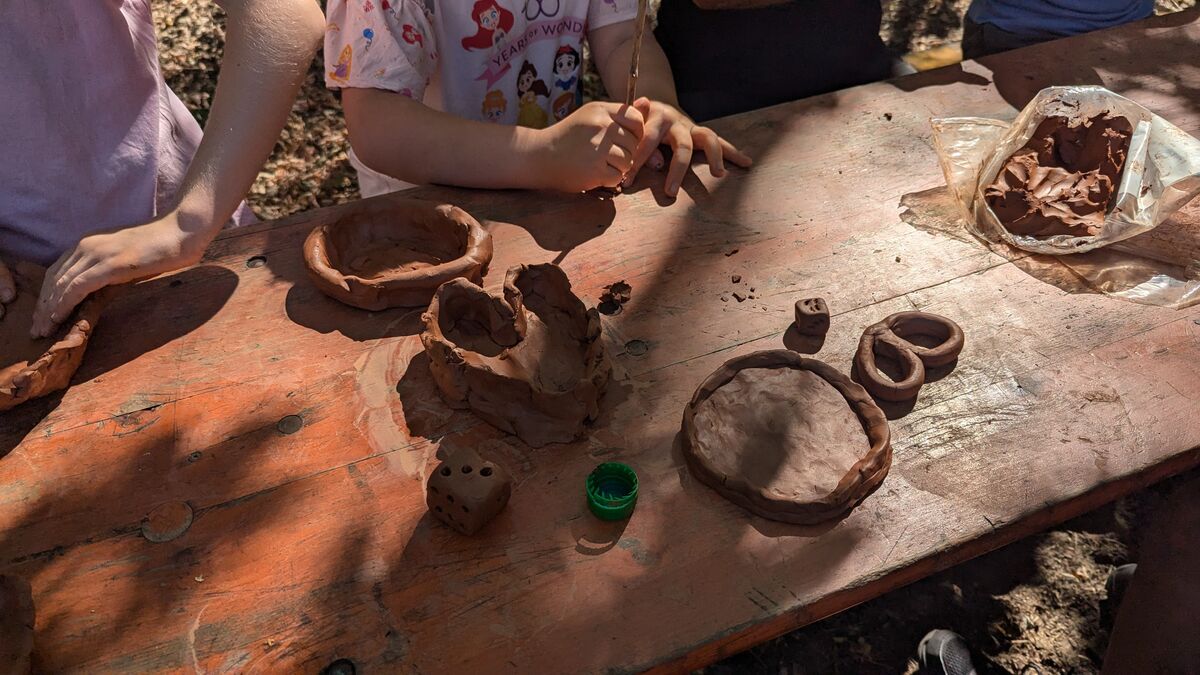
The modern world and the intensified hunger for recognition
In today's world, characterized by competition and performance, the need for recognition is often intensified. Society tends to evaluate people primarily based on their achievements, and many experience this constant assessment as burdensome and frightening.
Children and adolescents, who are in a phase of identity formation, are particularly sensitive to these external evaluations.
In an environment where recognition is rarely given, people may feel insecure, lonely, and undervalued. They begin to draw their self-esteem from external sources because they do not experience inner validation.
This can lead to a deeply rooted lack of self-confidence and a feeling of "not being enough" in the long term.
2. The difference in recognition between indigenous cultures and our modern society
In my seminars with children, I observed that even in wilderness education, recognition is used very sparingly. Of course, I can only judge through my observation, and that is purely a matter of experience.
Whether this frugality also prevails in other courses is difficult for me to assess, as I have not attended all the courses in the world, and there is no study on this either.
Where does the approach come from to be so sparing with recognition and praise in wilderness education?
My thoughts revolve around indigenous cultures, as wilderness education draws many methods and approaches from them. Are Indigenous children also praised and recognized? I suspect not for the following reasons.
In indigenous cultures, recognition and appreciation are a natural part of daily life
Children of Indigenous people grow up in a community where their contribution is valued from the very beginning. The recognition is authentic and constant because it is directly linked to the survival and social harmony of the community.
Every action – whether it is gathering food, telling a story, or making tools – is perceived as a valuable contribution to the group.
The appreciation occurs immediately and in a meaningful context that closely links individual well-being with the common good.
In our modern society, it is different
In our "modern" society, a culture of isolation and individualism often dominates, where recognition is rare and often only related to performance or success.
The focus is on individual performance and personal success, leading to a competition where everyone fights for themselves.
In a capitalist, performance-oriented world, one's value often depends on external, measurable successes, which creates a constant need for validation and recognition.
Indigenous cultures did not have to give so much recognition because the social structure and daily way of life had already integrated this.
Every person felt included and seen because the community was built on mutual dependence and support.
Recognition was not a scarce resource that was distributed selectively, but a natural consequence of living together, of learning together through observation and imitation.
In today's society, however, there is often less genuine community and thus less natural feedback – everyone has to "earn" their recognition, which intensifies the feeling of isolation and the struggle for attention.
For me, this follows: We are not an indigenous culture; the structures here are extremely different. Even if we try to exemplify them in our seminars – we should handle recognition differently from now on!
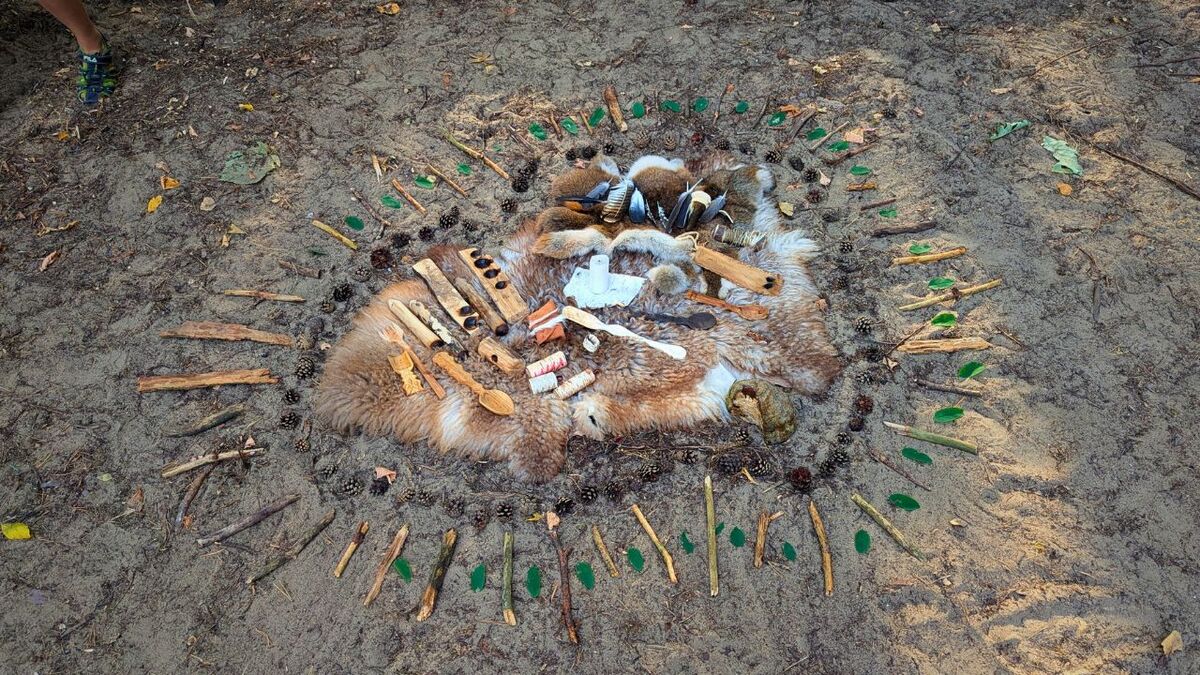
Recognition as an essential need
Recognition should therefore not be seen as something that should only be used sparingly.
Rather, it is an essential human need, similar to food, water, or sleep.
People who are "full" of recognition usually show themselves:
- Balanced and self-confident: You have a healthy self-esteem and can face challenges without fear of failure.
- Clear in thoughts and actions: You can think clearly and make decisions without constantly overthinking yourself or questioning your abilities.
- Brave in tackling new challenges: You are willing to take risks and step out of your comfort zone because you know that you are valuable even in the face of failure.
- Open to constructive criticism: People who receive enough recognition can see criticism as an opportunity for improvement, not as a threat to their self-worth.
The Effects of Lack of Recognition
In my work, I have often observed the negative consequences of a lack of recognition:
- Uncertainty: Children and adults who are unsure of their abilities.
- Withdrawal: Participants who do not engage out of fear of making mistakes.
- Competitive pressure: Instead of cooperation, a competition for attention arises.
- Superficial learning: Without an emotional connection, what is learned often remains superficial.
- Reciprocation: Those who do not receive recognition cannot give it back.
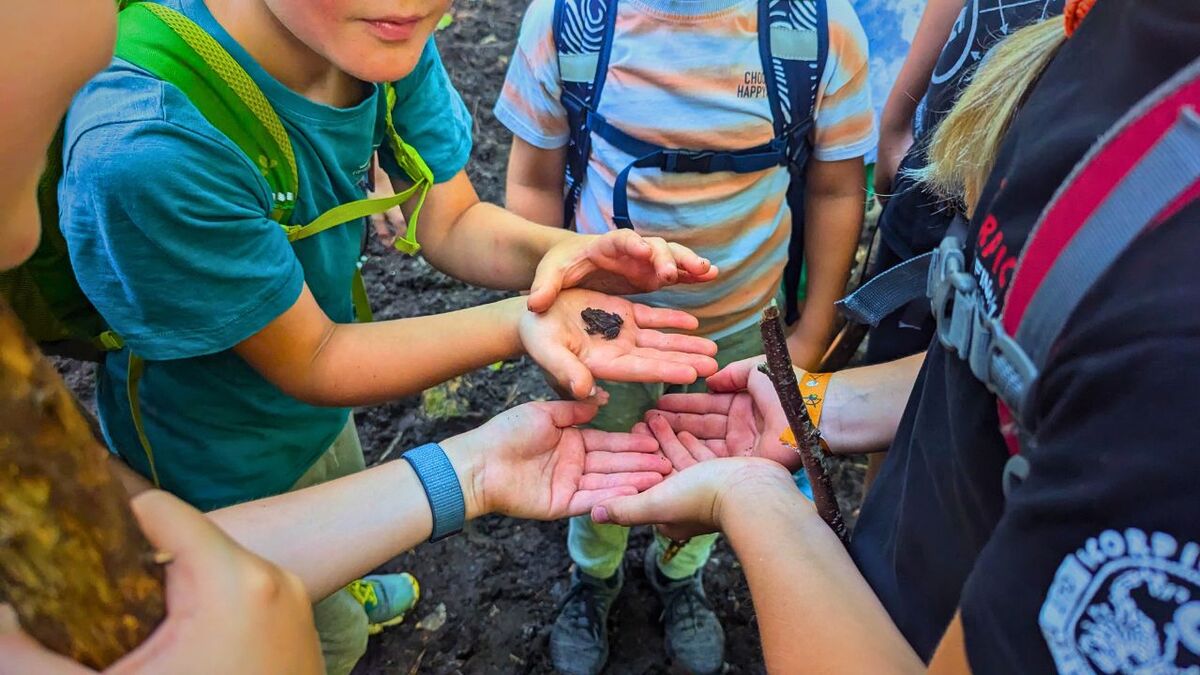
The Role of Recognition in Wilderness Education
In wilderness education, which often involves taking people out of their familiar environment and confronting them with new and challenging situations, the role of recognition is particularly important.
Many people initially feel insecure here, whether because they don't know how to make fire, are unfamiliar with certain plants, or are afraid of unknown animals. In such moments, recognition can make all the difference.
Instead of viewing recognition as a "resource to be used sparingly," we should understand in wilderness education that it is a powerful tool to build self-confidence, ignite a joy of learning, and create deep interpersonal connections.
Recognition is not synonymous with uncritical praise – it is a genuine appreciation for the efforts and progress that participants make, and it provides them with the emotional nourishment they need to grow and develop.
Here are some more examples of genuine recognition in wilderness education that show how you can authentically and specifically acknowledge the efforts and successes of participants:
- A boy builds a barefoot path: Instead of saying "Great job," you should take the time to look at the path. Then ask if you can try it out. While you are trying it, ask further questions like "Was it a lot of work?"; "Where did you find the materials?"; "How did you come up with the idea?".
-
A child discovers an edible plant: Instead of simply saying "Well done!", you can take a closer look at the plant together and ask: "How did you identify the plant? What helped you recognize it?" This shows interest in the child's thoughts and encourages them to share and develop their knowledge.
-
A teenager lights a fire for the first time: Instead of just praising, you could ask them to explain their method: "What technique did you use? Were there moments when you thought it might not work, and what did you do then?" This focuses recognition on overcoming challenges and the learning process.
-
A participant builds a shelter: Instead of simply saying "Great shelter!", you could show interest in the details: "What materials did you use and why? What would you do differently next time? What did you particularly enjoy about the work?" This creates space for reflection and emphasizes the importance of the entire process.
-
A child helps another with a difficult task: Instead of just saying "That was nice of you," you could ask: "How did you decide how best to help? What do you think helped your friend the most?" This acknowledges not only the act itself but also the thoughtfulness and empathy behind it.
-
A group plans an outdoor activity together: Instead of simply labeling the activity as successful, you could highlight the collaboration: "How did you as a group decide who takes on which tasks? Were there challenges you overcame together?" This shows that you value the cooperation skills and dynamics within the group.
-
A participant demonstrates creative problem-solving: When a participant finds a creative solution to a problem, you could say: "What inspired you to come up with this solution? Were there alternatives you considered? How did it feel when you realized it worked?" This encourages reflection on the creative process and values it as a significant contribution.
-
A child discovers animal tracks: Instead of just confirming that the tracks were correctly identified, you could ask: "What helped you identify these tracks? What stories do these tracks tell about the animal and its behavior?" This encourages the child to continue observing and interpreting.
-
A participant asks an interesting question about nature: Instead of just saying "Good question!", you could engage further: "What made you ask this question? What do you think the answer could be?" This shows that you take the participant's curiosity and interest seriously and encourage them to keep exploring.
-
A group successfully completes a challenging hike: Instead of "Well done, you made it!", you could address the specific efforts: "What moments were the most difficult for you, and how did you overcome them? What did you learn about yourselves and your abilities?" This strengthens awareness of personal and collective achievements.
-
A child brings knowledge from a previous course: Instead of just saying "Nice that you remember!", you could ask: "How did you apply this knowledge in this situation? What helped you retain it and use it now?" This acknowledges continuous learning and the ability to apply previously learned information.
These examples show how recognition in wilderness education can be more than just praise; it can also appreciate the specific efforts, decisions, and perseverance of participants.
Such authentic and context-based recognitions not only foster motivation but also self-confidence and joy in learning.
A new approach: Recognition as a driver for intrinsic motivation
Instead of a frugal use of recognition, we could use it purposefully and consciously to promote intrinsic motivation.
Recognition should be authentic, specific, and meaningful.
It's not about giving praise indiscriminately, but about recognizing and appreciating the actual efforts, progress, and individual strengths.
When people feel that their efforts are seen and appreciated, they develop a healthy self-esteem and a genuine joy for learning.
You will be motivated to continue on your initiative because you have experienced that your commitment matters and your contributions make a difference.
This not only strengthens the connection to nature but also the connection to oneself and to other people in the group.
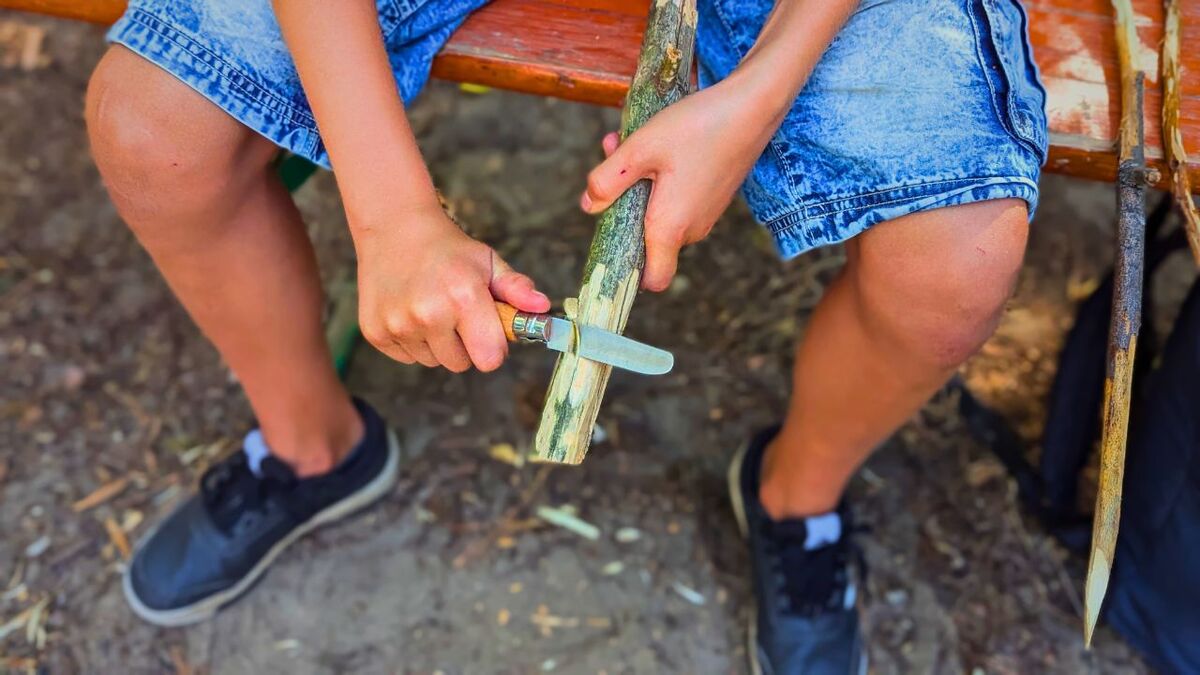
Conclusion: Finding a Balance
Ultimately, it is about finding a balance: between the desire to encourage people to discover their own inner motivation and the need for authentic recognition that fosters self-confidence, joy, and community.
Recognition should be understood as an essential component of wilderness education – as a tool that helps people find home not only in nature but also within themselves.


Author of the guide
Martin Gebhardt
Hey, I'm Martin. On my blog, you will learn the basics and numerous details about living in the wild. I think survival, bushcraft and the good life in nature are the keys to happiness. Find me here on Instagram or on YouTube. You can find more about my mission on the About Me page.
Was this guide helpful?
13 people found this guide helpful.
5.00 out of 5 points (13 Ratings)
Comments (0)
This post may contain affiliate links. So if you click on the links and make a purchase, I will receive a small commission at no additional cost to you. Click here, to learn more about it.


